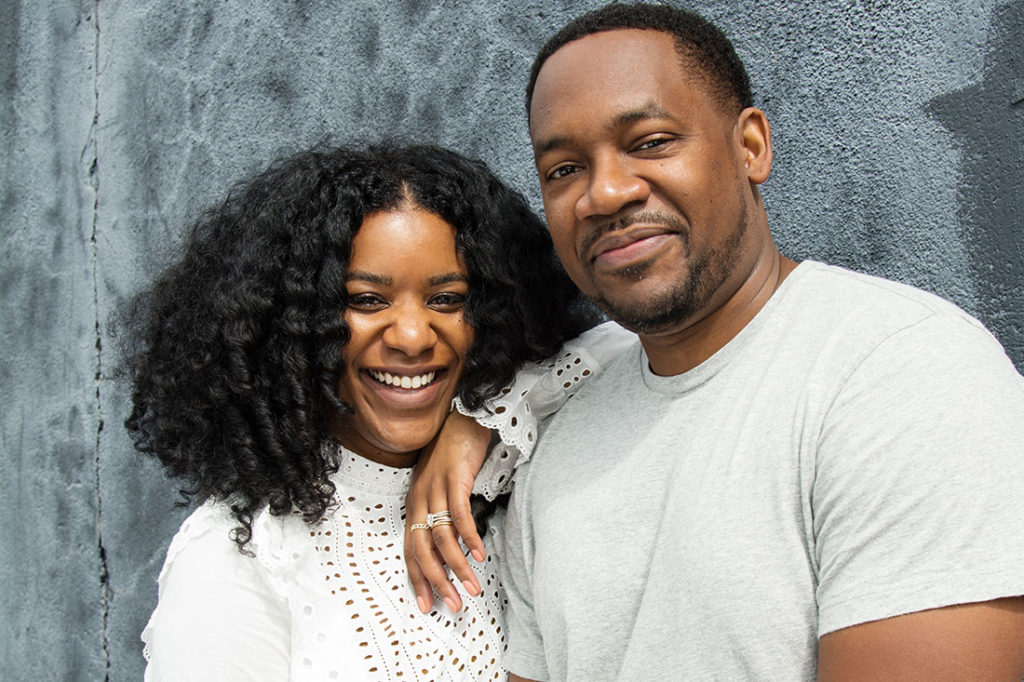Most people never really think about how long their careers should be. Rather, they hope for a long and successful one, and power through until retirement or, well, death. But how long is long? How do you determine whether your career was successful? And why would we willingly repeat the mistakes of previous generations when the outcome is clearly unfavorable?
It is our belief that you should plan for your career to be 15 years long. That’s it.
Now, does that mean that after graduating from college and landing a first real job at 22, everyone should be in a position to retire at 37? Of course not. We understand the litany of factors that can influence one’s income, health, living expenses and portfolio returns over a 15-year horizon. But if you’re interested in pursuing a financially independent life, 15 years is a solid target.

Think about it. We all generally accept that a focused four-year college education is plenty of time to have developed a fundamental mastery of a discipline. It’s enough to earn a decent wage and begin a career with a fair chance of success. Similarly, in terms of relationships, we generally understand that a five-year relationship is considered a serious one and that 10 is damn near forever.
So if a four-year education is enough to have a fundamental understanding of a subject and a 10-year relationship is an eternity, then a 15-year career is a pretty long one. Come to think of it, 15 years of doing anything is long, and it’s certainly long enough to project future outcomes. And at the end of the day, the math works the same whether it’s the career you have from age 45 to 60 or from 22 to 37.
If your professional career is already in motion, you’re earning a decent income and you agree with our four purposes of income framework, then your next step is to start planning your career with a definitive exit plan. It’s time to start designing a life that slowly and increasingly gives you power, instead of one that drains you of it.
So if you’re ready, let’s dive in.
Years 1–5: Pay Off Debt
For many millennials, early adulthood and the beginning phases of their careers can be defined by one word: “debt.” It’s a pervasive cloud over an entire generation’s head as they combated both the crippling 2008 economic downturn and a soaring rise in the cost of higher education. For Black women especially, there’s immense pride in being the leading recipients of associate and bachelor’s degrees conferred as of 2016. Unfortunately, the achievement is smothered by the harsh reality of student loans.
Personal debt should be viewed the same way you would view an invasive cancer in your life. In general, when people we know receive a cancer diagnosis, there’s an unwavering seriousness. They shift their entire life around to fight the disease, and the people in their corner offer their full support. With that energy in mind, we’ve found the single best way to eliminate debt is to take a holistic and community-based approach to aggressively paying it off. This means that for the first five years of your 15-year career, assuming you have debt, you need to make frugality a core aspect of your life. Your primary objective should be an intense focus on paying down your debt entirely or at least reducing it to a manageable level. Every increase in pay, income tax refund, gift and coin hidden in your couch is an opportunity to funnel money toward paying down your debt.
Years 6–10: Find Your Superpower
Focusing on paying off debt in the first five years of your career also has a surprising effect on your career choices. Before we started paying off our debt, earning potential was the single most important factor in the kinds of jobs we considered. But as we started to pay off debts and our monthly cost of living decreased, we found ourselves less intrigued by job openings simply because they paid more than we were making. Earning an extra few hundred dollars a month suddenly didn’t seem worth it, because we’d already proven we could accomplish the same financial goal by paying down a debt.
So instead of chasing money or a title, we chased the challenge. The way we approached goal setting became less about what roles paid us more in the short run and more about what skills we could develop to support us in the long run—far beyond the length of time we were reliant on others for employment.
Once you’ve paid off your debt, the next five years of your career should be dedicated to creating multiple income streams, or an income portfolio, outside your primary job. The bottom line is that we can’t depend on our jobs alone to give us what we need or want.
Years 11–15: Build an Escape Hatch
Congratulations! You’ve just worked for an entire decade, and assuming it’s with the same company, you may have the option of choosing a gift from their online store. Let this be your motivation to finish the last five years of your career focused on your departure.
If you don’t have a taste for entrepreneurship, then years 11 through 15 are all about repetition. At this point, investing should feel like financial muscle memory. You should have developed a strong budgeting discipline, set ample cash aside for emergencies and completely eliminated all debt like credit cards and student loans. Your attention should be squarely focused on padding investment accounts.
If you have an itch to be your own boss, the goal is the same, except your focus during years 11–15 should also be on creating the income you need to fund those accounts. This is the time you’re putting yourself out there, sharing your ideas with the world, selling and refining your pitch. In the previous five-year stretch, you will have already developed the professional skills you need, understood the business landscape and determined how you can fill a need. The only thing left to do is to sell something.
Excerpted from CASHING OUT: Win the Wealth Game by Walking Away by Julien and Kiersten Saunders with permission of Portfolio, an imprint of Penguin Publishing Group, a division of Penguin Random House LLC. Copyright © Julien and Kiersten Saunders, 2022.


